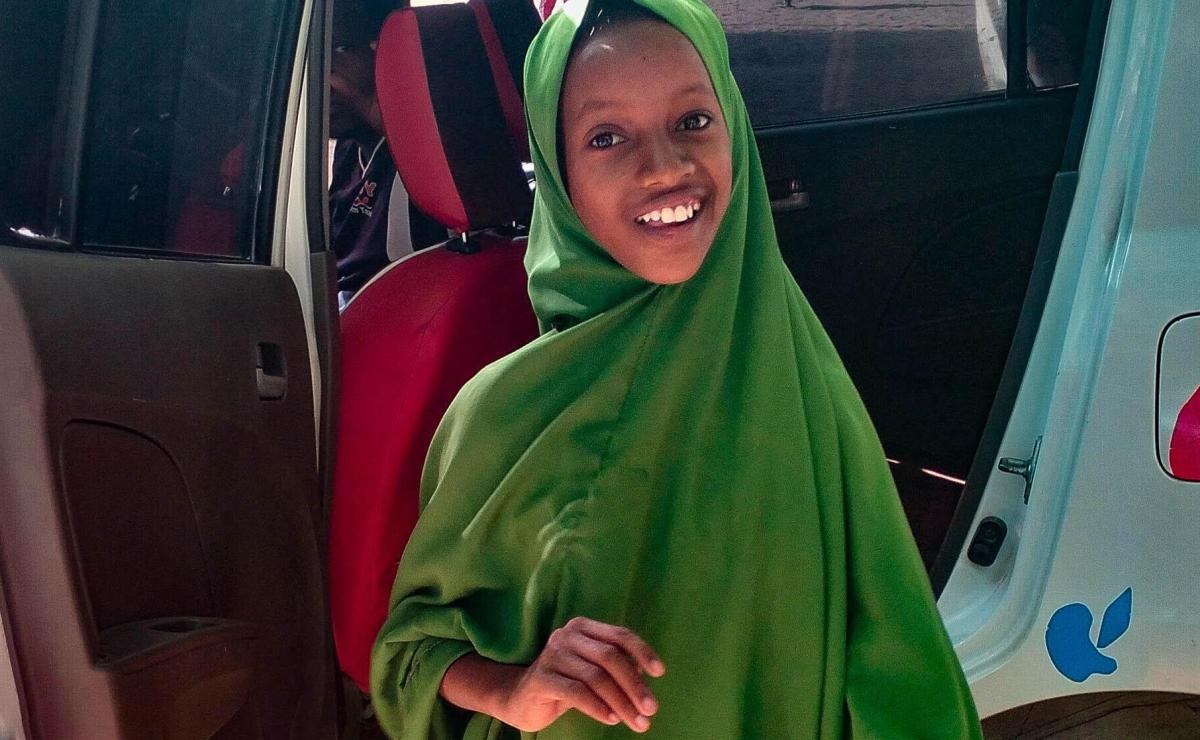Cash support for school brings back Suado’s smiles

For 13-year-old Suado Hussein, school is her second home. She goes to Amani Primary School in Hagadera Refugee Camp to make friends and learn how to speak, read and write. However, she lives too far from school and cannot walk to school on time. The long distance to school has affected her school attendance and negatively affected her studies. Luckily, she has benefitted from a cash transfer project supported by European Union Humanitarian Aid (ECHO) and Bureau of Population, Refugees, and Migration (BPRM).
“Through a cash-based intervention, Suado has been able to access education and has been able to improve in everything. Previously, she was very moody, but these days, she is jovial at home, and she has also improved in her speech. She sweeps the compound joyfully, and she can interact with other children freely, unlike before when she was withdrawn,” said Suado’s father, Mustafa.
Cerebral Palsy caused by abnormal brain development
Suado suffers from mild cerebral palsy, a condition that affects her ability to speak and manipulate her limbs. According to the Centre for Disease Control (CDC), Cerebral palsy (CP) is a group of disorders that affect a person’s ability to move and maintain balance and posture. CP is caused by abnormal brain development or damage to the developing brain that affects a person’s ability to control his or her muscles. A person with mild CP like Suado, on the other hand, might walk a little awkwardly but not need any special help.
Suado is from a family of 11: four boys, five girls and two parents. She is the fourth-born child. Her three elder siblings are in secondary schools, while the younger five siblings have not yet attained the formal school-going age. However, they are attending the Duksi Islamic school. Suado’s father is a teacher at Duksi, and her mother is a housewife. With their humble earnings, they cannot afford hospital charges to provide Suado with a comprehensive health recovery.
By having such a condition, Suado has been having difficulty coming to school due to limited mobility and long distance to school. Teacher Cynthia Kiplagat, a Special Needs Education teacher working with the Lutheran World Federation (LWF) in Hagadera, has taken steps to ensure that Suado continues to learn and grow. “I advised the parents to take Suado to the Educational Assessment and Resource Centre (EARC) for free assessment and informed placement,” she says.
Suado was taken to the resource center, where she was examined and placed at Amani Primary School in Hagadera, which has child-friendly facilities catering to the needs of children like Suado. While at the school, a multi-disciplinary team, which includes the special needs education teacher, the parents, the learner, the assessment officer and an occupational therapist, developed an Individualized Education Programme (IEP) that will help to address the area of need. Because she was already placed with a disability, she started benefiting from the Cash Based Intervention (CBI), which enabled her to access school and be able to gain knowledge and skills.
About the cash support initiative
Suado is among 1,488 children with disabilities in Dadaab and Kakuma refugee camps who have been supported through the cash intervention as guided by the CBI working groups. The identification and eligibility are based on each learner’s vulnerability as defined by an existing vulnerability assessment tool. Caregivers are further sensitized on supplementing the support package with other revenue sources. Cash is disbursed through the Kenyan mobile money transfer service, Mpesa, in Dadaab and virtual bank accounts in Kakuma.
About Amani Primary School and support to special needs learners
Located in Hagadera, Fafi Sub County of Garissa County, Amani Primary School is among the 23 refugee primary schools managed by the Lutheran World Federation (LWF) in the Dadaab Refugee Camp. A total of 1,515 learners are enrolled at Amani (February 2024 data), from PP1 to Grade eight. The school has a special unit for children with disabilities where 78 learners are registered. Suado is among the 78 children.
Learning at Amani ensures that Suado is well protected from harm and social threats, such as physical and sexual abuse, child labour and neglect, that vulnerable girls, including those with disabilities, encounter in refugee camps.

